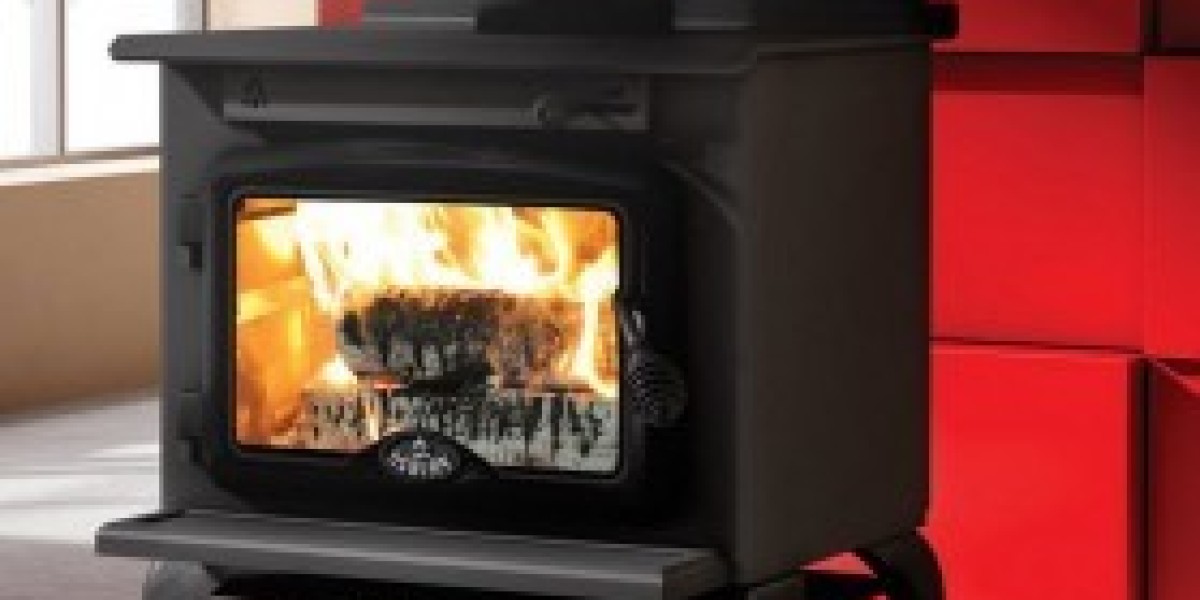As the chilly winds of winter approach, the allure of a cozy fireplace becomes irresistible. Many homeowners contemplate gas and electric fireplace installation, drawn by the appeal of a DIY project. However, the seemingly straightforward task of setting up a fireplace is fraught with dangers and complications that make professional installation a far safer and wiser choice. Here are some of the dangers of attempting a DIY fireplace installation without professional help.
- Gas Line Hazards
Gas fireplace installations involve intricate connections to your home’s gas lines, a task that should never be taken lightly. Mishandling gas lines can result in leaks, which pose an immediate threat to your home’s safety. Professionals are trained to handle gas lines safely, ensuring proper connections, leak detection, and compliance with stringent safety codes. The risk of gas leaks from a DIY installation is simply too great, making professional expertise essential.
- Electrical Challenges in Electric Fireplaces
Electric fireplaces, while seemingly simpler than their gas counterparts, come with their own set of challenges. DIY enthusiasts may underestimate the complexities of electrical work, leading to faulty wiring, insufficient power supply, or potential fire hazards. {Professionals possess the knowledge to assess electrical requirements accurately, install appropriate wiring, and ensure the safe operation of electric fireplaces.
- Compliance with Building Codes
Gas and electric fireplace installations are subject to specific building codes and regulations. Professionals are well-versed in these codes, ensuring that installations meet safety standards and comply with local regulations. A DIY installation may inadvertently violate these codes, exposing you to legal consequences and potentially voiding your home insurance coverage.
- Proper ventilation is crucial.
Both gas and electric fireplaces require adequate ventilation to disperse combustion by-products and prevent the accumulation of harmful gases like carbon monoxide. Professionals understand the importance of proper ventilation and can assess your home’s specific needs to guarantee a safe environment. Incorrect ventilation in a DIY installation can lead to indoor air quality issues, posing health risks to occupants.
- Complexity of Gas Fireplace Ignition Systems
Gas fireplaces often feature sophisticated ignition systems that demand expertise to install correctly. A DIY attempt may result in a malfunctioning ignition system, leading to unreliable operation or, worse, gas leaks. Professionals have the skills to navigate the intricacies of these systems, ensuring a safe and efficient fireplace that operates as intended.
- Avoiding structural damage
Installing a fireplace involves not only the appliance itself but also considerations for structural elements like walls, floors, and chimneys. Professionals evaluate these factors and make the necessary adjustments to prevent structural damage. A DIY installation may inadvertently compromise the integrity of your home, leading to costly repairs and potential safety hazards.
- Warranty Voidance and Insurance Implications
Most fireplace manufacturers recommend professional installation to maintain product warranties. Attempting a DIY installation may void these warranties, leaving you without recourse in the event of malfunctions or defects. Additionally, insurance providers may not cover damages resulting from improper installations, emphasizing the importance of professional expertise to ensure compliance with warranty terms and insurance coverage.
- Ensuring long-term reliability
Professional installations offer peace of mind concerning long-term reliability. Experts use high-quality materials, follow industry best practices, and conduct thorough testing to ensure your fireplace functions optimally for years to come. DIY installations, on the other hand, may lack the durability and reliability that professionals can guarantee.
Conclusion
The allure of a DIY project must be weighed against the potential risks and consequences, especially when it comes to gas and electric fireplace installations. The safety of your home and its occupants should always take precedence, making the investment in professional expertise a wise and necessary choice.



